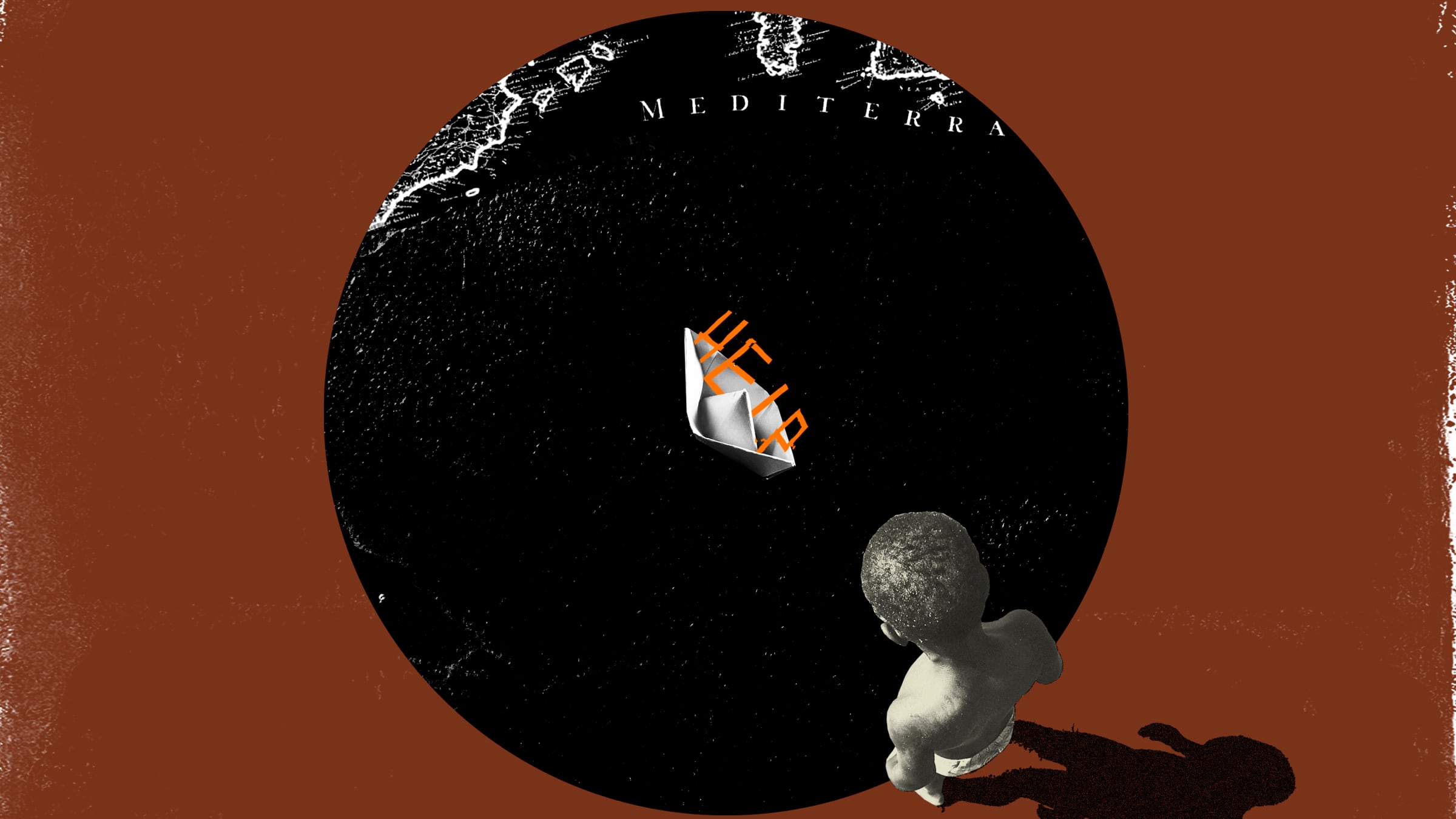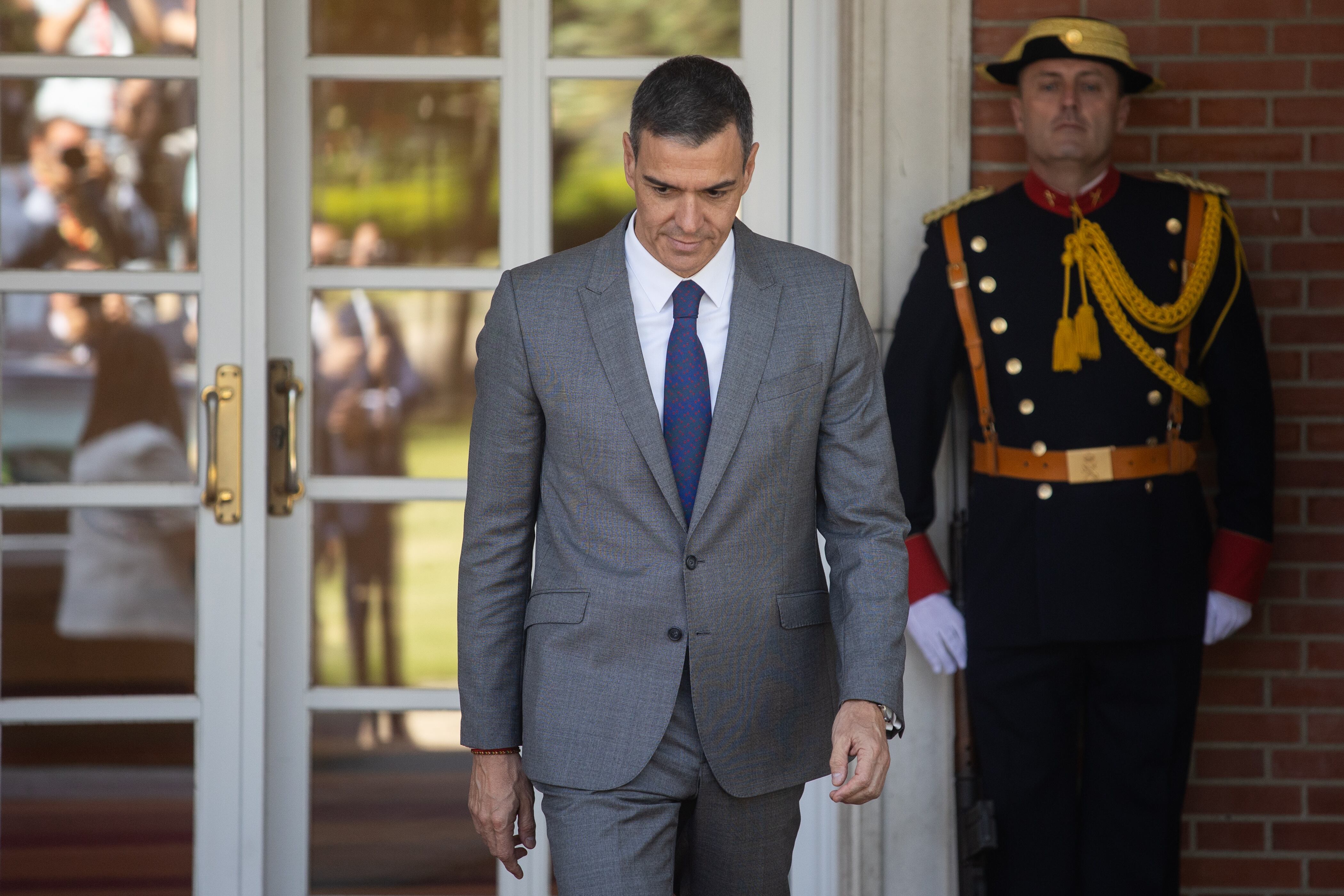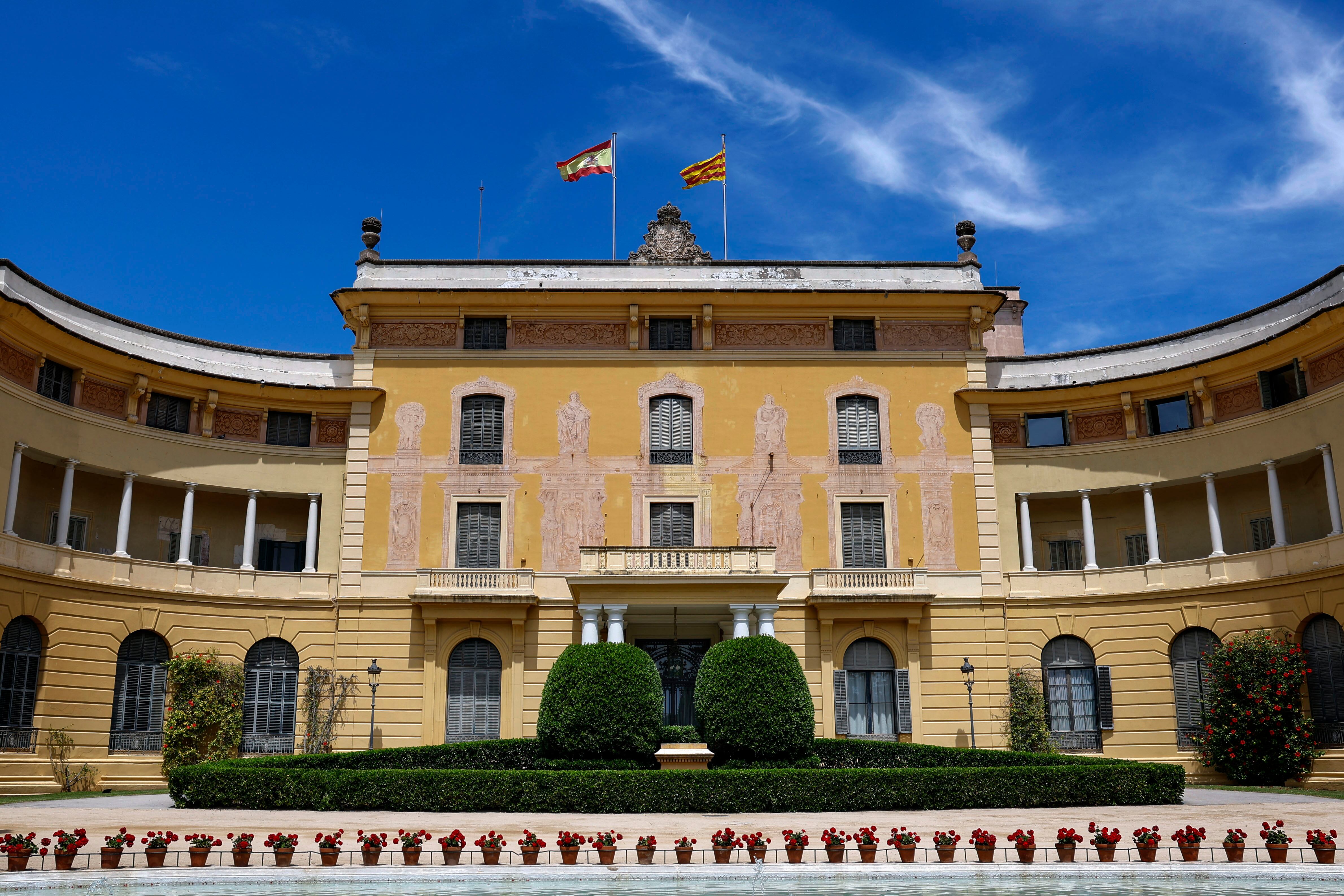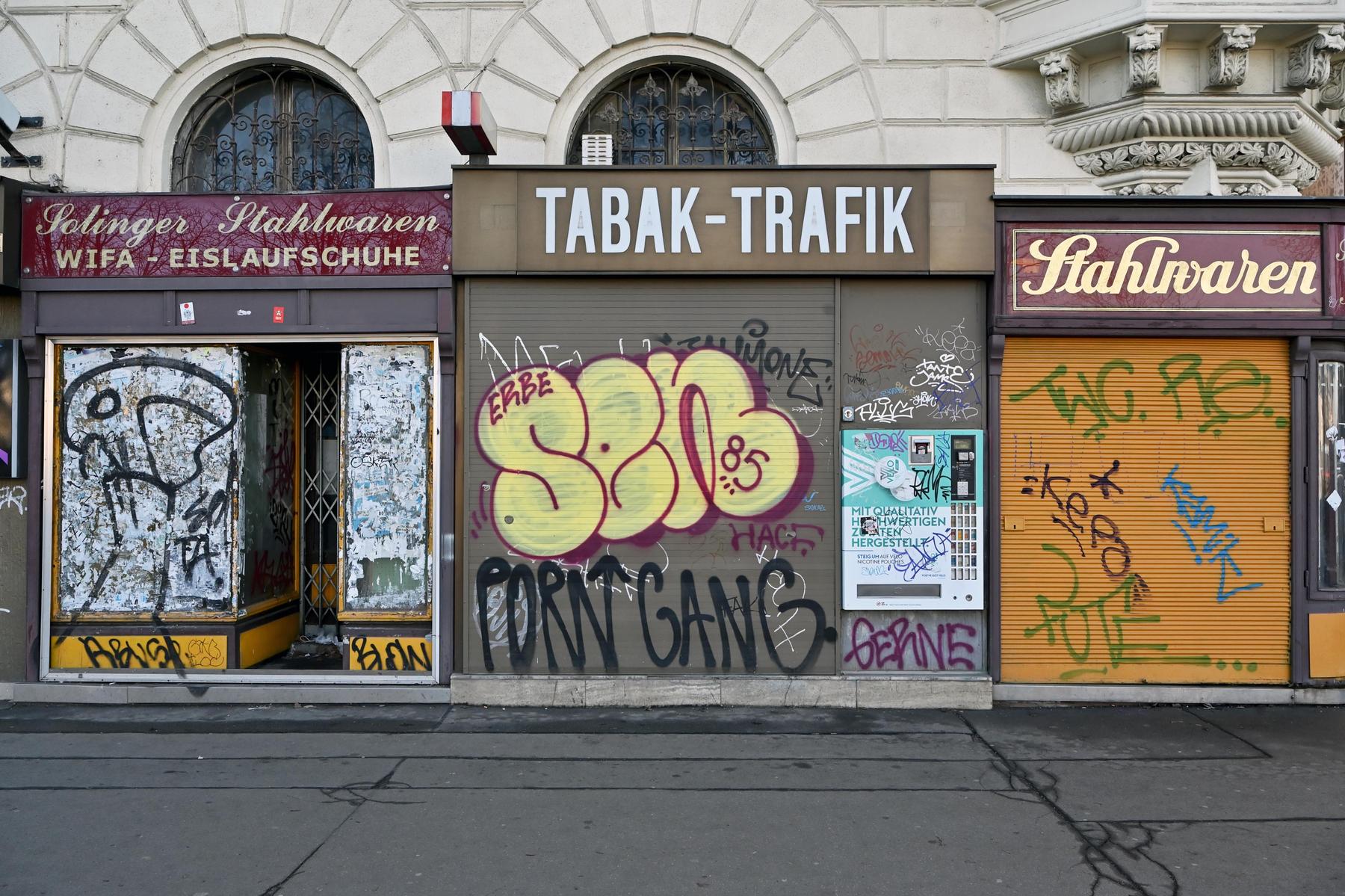The Government and the PP intensify until the last minute the battle for the official of Catalan, Basque and Galician in the EU | Spain
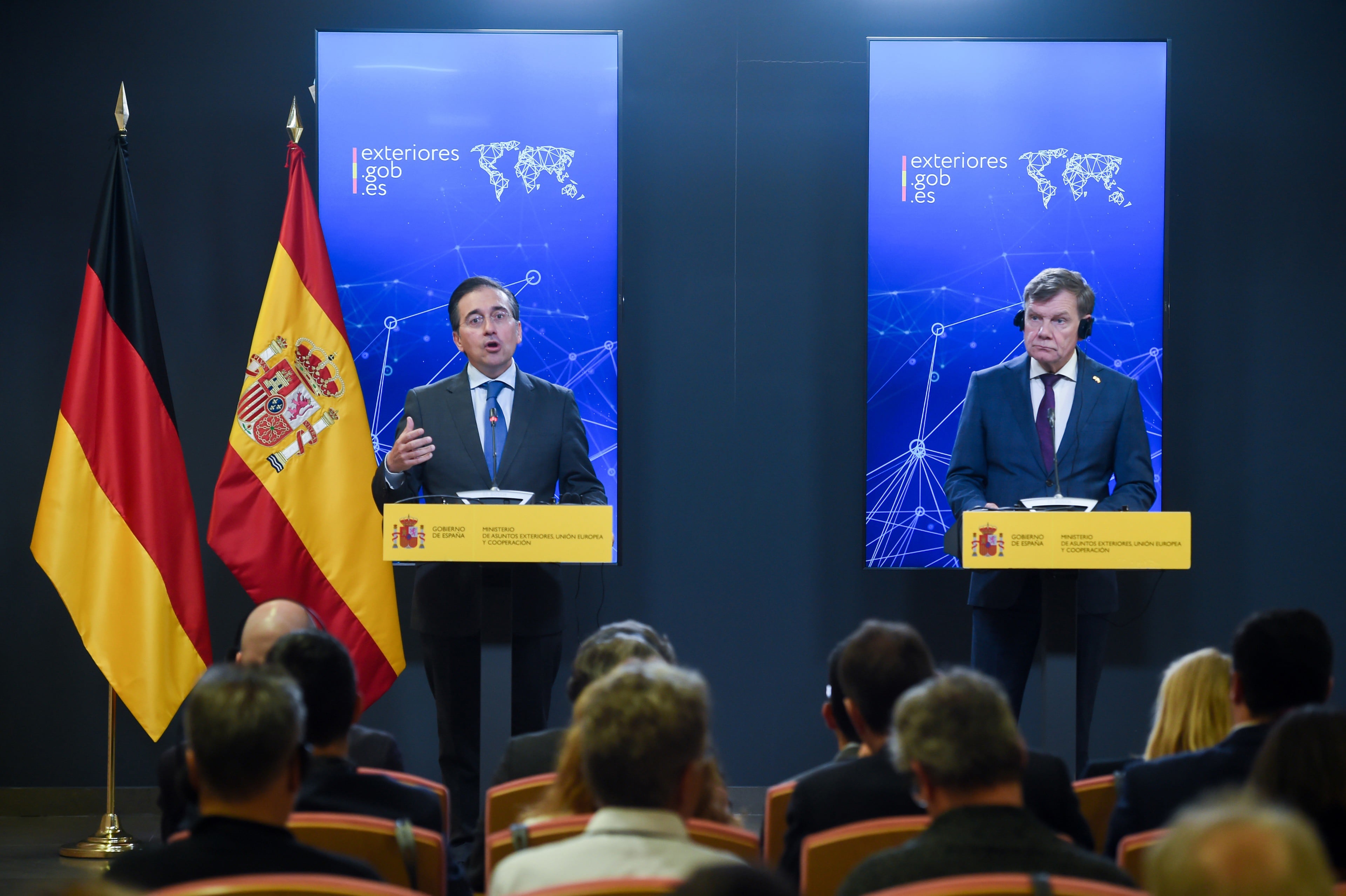
Battle without barracks until the last minute between the government and the PP but not in Spain, as usual, but in Europe, To see who wins the pulse today in Brussels when the officiality of Catalan, Basque and Galician in the EU is submitted to approval. Until the last minute, the Government and the PP multiply contacts in the opposite direction: the Executive to prevent some veto – the approval to unanimity – and the PP to get it with several vetoes, the way that no country is left alone in that aggressive position against the Spanish government and can be covered. The result is uncertain, and on the same morning of this Tuesday, before it is submitted to approval at noon, there could be last offers or movements to get it to go ahead or to knock it down.
The two play a lot: the government, a very important step of consolidation of the legislature, Since this issue is a commitment that the president reached with Junts and that also support ERC, the PNV and the BNGusual partners of the Executive. And the PP also has a lot of interest, precisely because it wants to weaken that majority and prevent a European government success that would demonstrate the European influence of Pedro Sánchez. That’s why the two are throwing the rest.
Sanchez himself has been personally involved and has talked about this issue in recent months with almost all the presidents of the most reticent countries, including The Italian Giorgia Meloniaccording to executive sources.
Both Sánchez and the Foreign Minister, José Manuel Albares, have been talking with everyone for months and negotiating with a clear idea: This is something very important for Spain, because these three languages are spoken in territories where 40% of the Spanish population lives, almost 20 million peopleaccording to Albares on Monday. In addition, Madrid assumes the cost, so a rejection would be interpreted as an aggressive vote against the Spanish government and that would only obey PP pressures, something that in European logic is not well seen, because governments are related to each other in another way even if they have different political colors.
This is what many governments understand it that, until not ago, they fiercely opposed the idea and have gone, after the intense Spanish diplomacy, moderating their position. They are aware of the great political capital invested by Spain and, although there are still enough legal, practical and financial doubts – as recognized from several capitals – they could be arranged on Tuesday not to block it, provided that they receive sufficient guarantees, says a diplomatic source in Brussels.
Italy is a particular case, because the foreign minister, Antonio Tajaniwho speaks a perfect Castilian, is a person closely linked to Spain and the PP, with whom he has a very direct relationship. It is common for participation in rallies and congresses of this match since the time of Mariano Rajoy. Tajani is not from Meloni’s game, Fratelli d’Halia. He is the leader of Forza Italy and successor of Silvio Berlusconi, but this issue is within his competences and his position is decisive.
Even so, no country, no matter how closeness he has with the PP of Alberto Núñez Feijóo, wants to assume the cost of being the only one to veto an express request from the Spanish government. That is why the PP is moving to achieve a wide number of vetoes, which would be a hard blow to the government.
In the Executive they are outraged with the PP maneuvers, which they consider unheard of because they are torpedoing something that they see beneficial for millions of Spaniards who speak them. Besides, The PP has an obvious contradiction here with its defense discourse of these languages in the autonomies where they are spoken, including Feijóo.
Galician Parliament Demand
Less than three weeks ago, on May 7, the Galician Parliament unanimously voted a proposition to urge the European Parliament to allow Galician to be used as an official language. The Galician PP also voted in favor. But now its leader, the regional president, Alfonso Rueda, says that the official « is not a priority » for its cost.
Spain can decide until the last moment to withdraw the proposal and leave it for later, but the Executive insists that this time it will not do so and hopes to have cleared the reluctance of several partners with the negotiation of the text, which has changed a lot to make it clear that there will be a gradual application, which Spain will pay all the cost and above all that it is a unique case, so it will not open the door to the recognition of other European minority languages.
The text puts conditions that only meet, in addition to the 24 languages already official in the EU, Catalan, Basque and Galician, as a decisive one: that they were contemplated in the constitution of the country that requests it at the time it entered the Union, in the case of Spain in 1986. The three co -official languages are in the Spanish Constitution since 1978, But none of the other languages that concern some countries, such as the Russian that worries the Baltic, meets this condition.
Although negotiations have been directed mainly from Madrid to European capitals, also in Brussels diplomatic sources confirm a strong Spanish pressure, especially the last week, to convince countries still reluctant to change their minds.
One year of pause
The EU has 24 official languages at this time. All of them are also officers in the whole of their respective states, unlike Catalan, Basque and Galician, who are only official in certain Spanish autonomous communities, not in the State as a whole. After more than a year without being debated on Europe, the official of Catalan and the other Spanish co -official languages not only be discussed in a General Affairs Council (CAG) of the EU, which was not happening since March last year. It also arrives with the possibility of voting to vote, something that has not happened since Spain first presented it.
It was in September 2023, under the Spanish presidency of the EU Council and just after the political agreement so that the socialist Sánchez could form government with the support of Junts, who has made the official of Catalan a requirement, and also of the PNV, another key partner of the Executive of Madrid. Finally, however, it was not voted: during the session, it was clear that it was far from the unanimity required and was not pressed for a pronouncement of the ministers who would have stopped the Spanish initiative dry. Since then, Spain has given more guarantees that it will assume all the expenses that the decision entails – stated at at least 132 million euros – and limiting all legal cracks so that the proposal cannot be used in other cases of minority languages.
But after languish during much of the presidency on duty Belgian – who formally withdrew it from the agenda in March 2024, after verifying that there was no progress – and if completely ignored during the Hungarian European semester, Albares relaunched at the end of last year the demand, with a view to being treated and even approved again during the current Polish European Presidency. In any case, it is not clear that if it is finally voted and rejected – for which a negative vote is enough – the path of Catalan, Galician and Basque towards Europe is cut dry. As noted from the EU Council, Spain could present another proposal in this regard more onwards. Nor would this be totally new: after all, the first time Spain tried to recognize its co -official languages was in 2005, under the government of José Luis Rodríguez Zapatero. Although his socialist successor cannot be allowed to wait another 20 years to try again.

